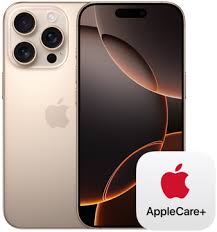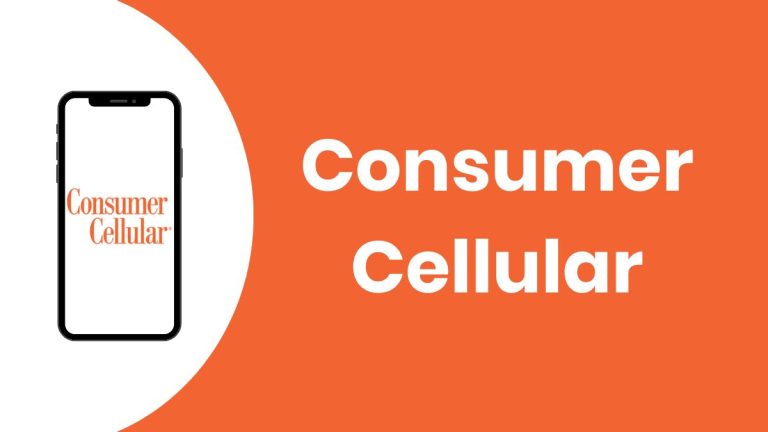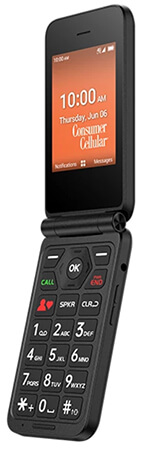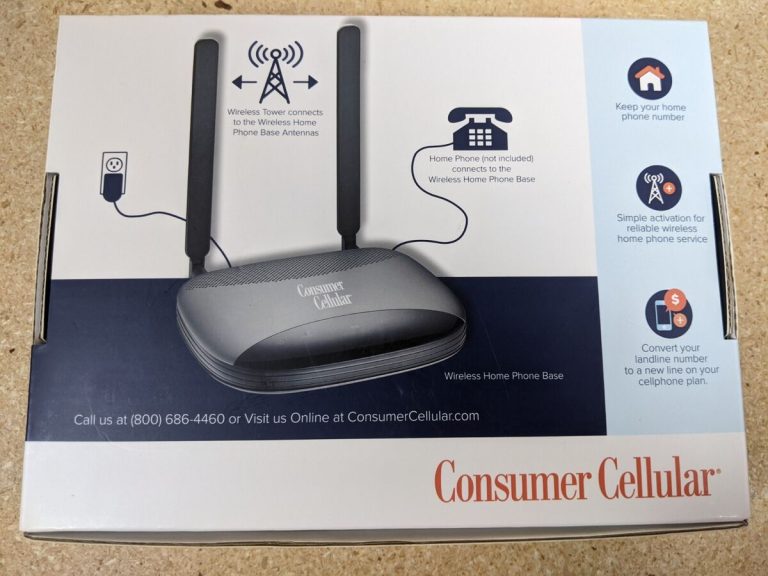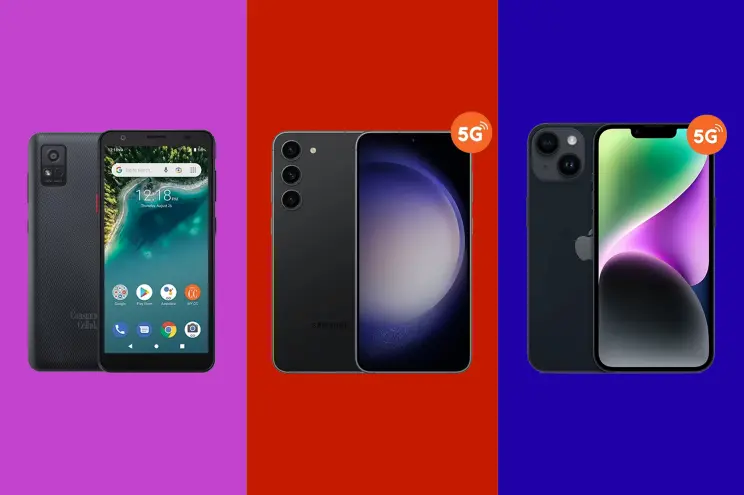The ever-evolving world of mobile phone service providers can be overwhelming. With a plethora of brands, plans, and features vying for your attention, choosing the right provider can feel like a daunting task. Consumer Cellular, known for its focus on simplicity, affordability, and exceptional customer service, stands out as a compelling option for many users. This comprehensive guide delves into Consumer Cellular as a provider, exploring their core offerings, advantages, potential drawbacks, and how they compare to other players in the market.
Contents
Demystifying Consumer Cellular: Understanding Their Service Philosophy
Consumer Cellular is a mobile virtual network operator (MVNO) in the United States. Unlike major carriers like Verizon or AT&T who own and operate their own cellular networks, MVNOs utilize the infrastructure of these established carriers to provide service. Here’s what sets Consumer Cellular apart:
- Focus on Value: They prioritize affordability, offering no-contract plans with competitive pricing for various levels of data usage and features.
- Simplicity: They streamline the selection process by curating a selection of phones compatible with their network, eliminating the overwhelming array of choices found with some major carriers.
- Customer-Centric Approach: Renowned for exceptional customer service, they provide dedicated support representatives readily available to assist you with any questions or concerns.
- No-Contract Flexibility: Enjoy the freedom to switch plans or upgrade your phone whenever desired, without being tied to lengthy contracts.
Remember: Consumer Cellular prioritizes value, simplicity, and customer service, offering a compelling alternative to traditional mobile phone carriers for budget-conscious users who value flexibility.
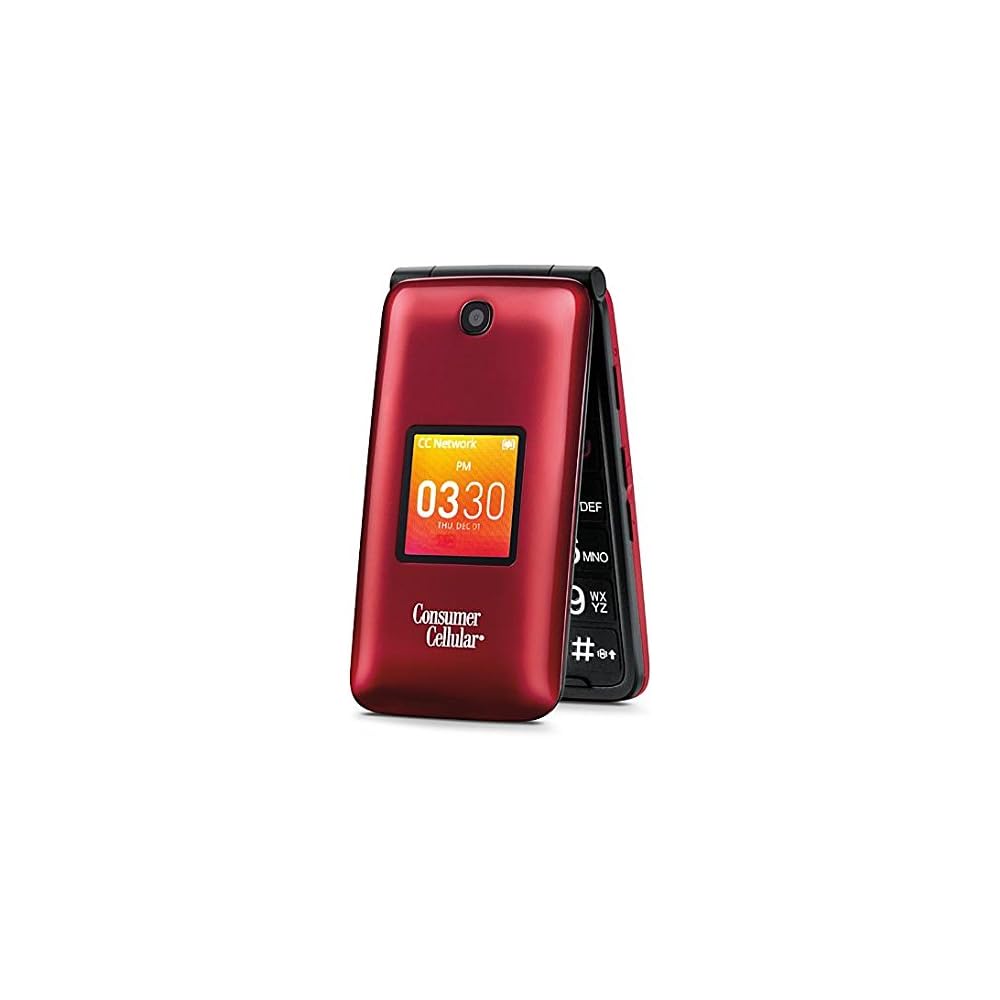
Unveiling the Network: Understanding Consumer Cellular’s Coverage
As an MVNO, Consumer Cellular leverages the existing networks of established carriers like AT&T and T-Mobile (depending on your location). Here’s what you need to know about their network coverage:
- Network Reliance: Their network coverage hinges on the coverage offered by AT&T and T-Mobile. These carriers boast extensive nationwide coverage, but there might be limitations in specific rural areas.
- Coverage Map: Consumer Cellular provides a user-friendly coverage map on their website. Enter your zip code or address to check signal strength in your area before making a decision.
- Understanding Coverage: Strong signal strength ensures clear calls, uninterrupted texts, and reliable data access. Limited coverage can hinder your mobile experience.
Remember: While Consumer Cellular utilizes reliable networks, always check their coverage map to ensure adequate signal strength in your area to avoid any potential connectivity issues.
Exploring Plans and Phones: The Essentials Offered by Consumer Cellular
Consumer Cellular offers a streamlined selection of plans and phones, catering to different needs and budgets:
- Mobile Plans: Choose from a variety of no-contract plans with varying data allowances, talk minutes, and text messages. Select a plan that aligns with your typical mobile usage habits.
- Consumer Cellular One Phones: They offer a curated selection of phones compatible with their network. These phones range from basic devices focused on core functionalities to mid-range smartphones with more features.
Remember: Consumer Cellular prioritizes simplicity, making it easy to choose a plan and phone that meets your needs without being overwhelmed by a vast array of options.
Comparing Consumer Cellular to Major Carriers: Weighing the Pros and Cons
Here’s a breakdown of how Consumer Cellular stacks up against major carriers:
Consumer Cellular
- Pros: Affordability, no-contract flexibility, excellent customer service, user-friendly interface
- Cons: Limited selection of phones compared to major carriers, potential limitations in network coverage in some rural areas
Major Carriers
- Pros: Extensive network coverage, wider selection of phones with the latest features
- Cons: Often more expensive plans with contracts, potentially less personalized customer service
Remember: The ideal provider depends on your individual needs. If affordability and flexibility are your priorities, Consumer Cellular is a strong contender. However, if you require extensive network coverage or the latest flagship phones, a major carrier might be a better fit.
Beyond the Basics: Additional Considerations When Choosing Consumer Cellular
Here are some additional factors to consider when deciding if Consumer Cellular is the right provider for you:
- Data Usage: Analyze your typical data usage (calls, texts, internet access) to choose a plan with a sufficient data allowance. Consumer Cellular offers tools to help you monitor your data consumption.
- Phone Selection: While they offer a curated selection of phones, it might be limited compared to major carriers. Ensure they have a phone that aligns with your desired features and budget. Review the specifications of the phones offered by Consumer Cellular. Consider factors like screen size, camera quality, battery life, and processing power to determine if a particular phone meets your needs. Consumer Cellular’s website typically provides detailed information on each phone, including user reviews, to help you make an informed decision.
- Customer Service: Consumer Cellular is renowned for its exceptional customer service. They offer various support channels, including phone support, online chat, and in-store assistance (if available at authorized retailers). This personalized approach can be a significant advantage if you value readily available assistance with any questions or concerns.
By carefully considering these factors, you can determine if Consumer Cellular** is the right mobile phone provider for your needs. They offer a compelling alternative for budget-conscious users who value affordability, no-contract flexibility, excellent customer service, and a user-friendly mobile experience.


